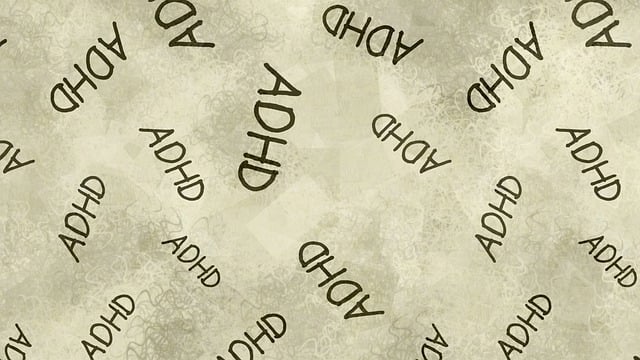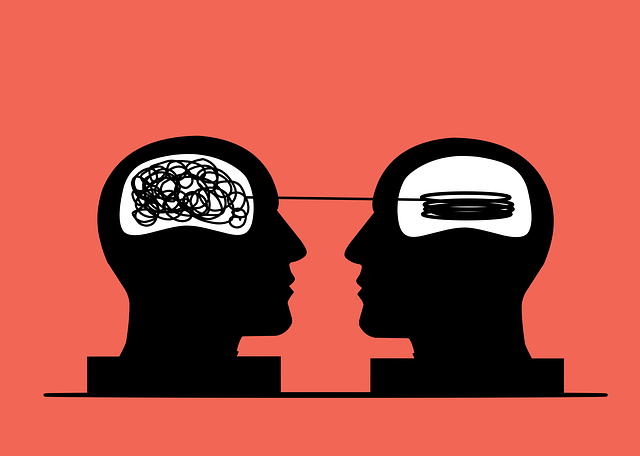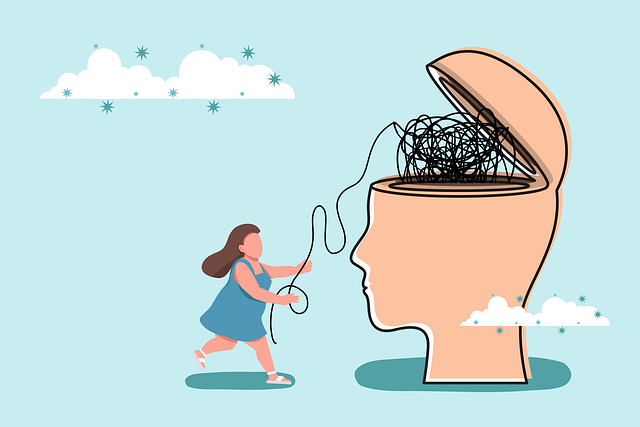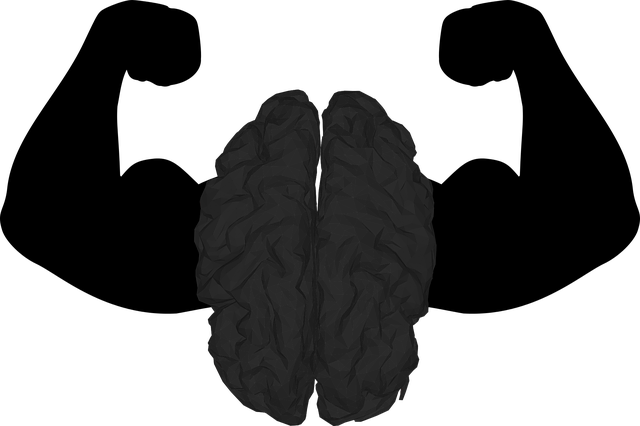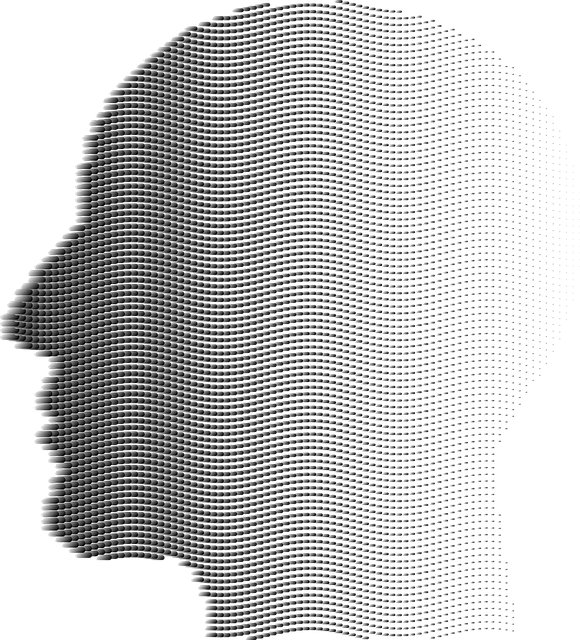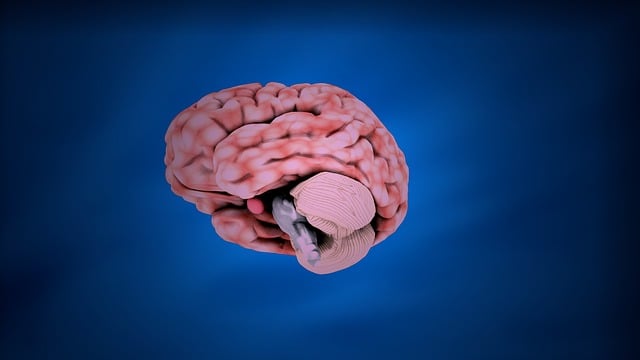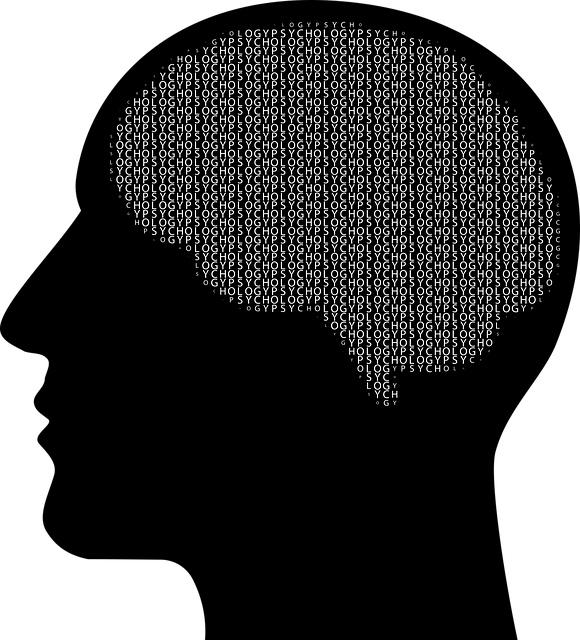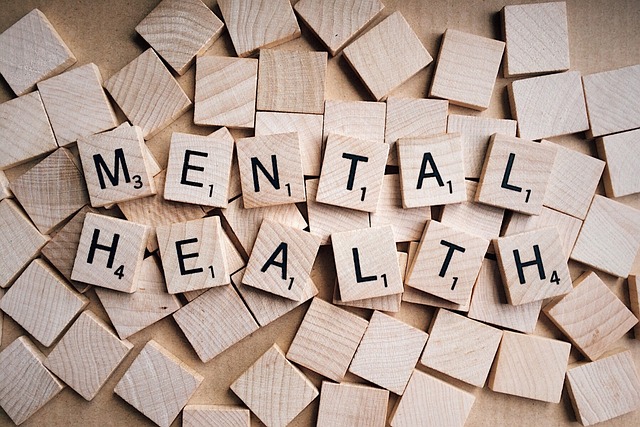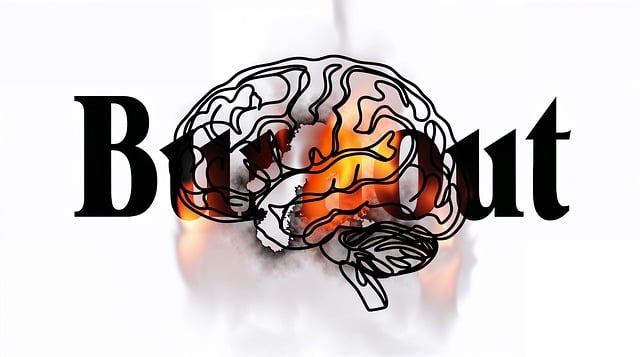Louisville Crisis Counseling Therapy (LCCT) prioritizes cultural sensitivity in mental healthcare by offering comprehensive training in healthcare provider cultural competency, addressing diverse psychological challenges rooted in cultural contexts. This initiative bridges cultural gaps, fosters inclusive environments, and enhances client outcomes for Louisville's diverse population. By understanding and respecting cultural nuances, LCCT creates safe spaces encouraging open communication, tailored approaches, and long-term emotional healing through mental wellness journaling. They adapt therapeutic practices to accommodate individual preferences, such as community support or privacy, improving counseling effectiveness and encouraging clients to embrace holistic well-being strategies.
“Louisville Crisis Counseling Therapy (LCCC) plays a vital role in addressing mental healthcare’s cultural sensitivity, especially within diverse communities. This article explores the intricate aspects of providing inclusive services, considering the impact of cultural diversity on client outcomes. We delve into strategies to overcome barriers, navigate different cultural backgrounds, and ensure ethical practices in cross-cultural therapy.
By examining these key areas, LCCC therapists can enhance their approach, fostering a more receptive environment for all clients, regardless of their cultural heritage.”
- Understanding Cultural Diversity in Mental Healthcare: A Louisville Crisis Counseling Therapy Perspective
- The Impact of Cultural Sensitivity on Client Outcomes
- Overcoming Barriers: Navigating Diverse Cultural Backgrounds in Therapy
- Ethical Considerations in Cross-Cultural Mental Health Practice
- Building Inclusive Spaces: Strategies for Louisville Crisis Counseling Therapists
Understanding Cultural Diversity in Mental Healthcare: A Louisville Crisis Counseling Therapy Perspective

Louisville Crisis Counseling Therapy (LCCT) recognizes that understanding cultural diversity is a cornerstone of effective mental healthcare practice. In a city as diverse as Louisville, where numerous ethnic, racial, and cultural groups coexist, it’s crucial for healthcare providers to be culturally sensitive and competent. This approach ensures that individuals from all backgrounds receive respectful, equitable, and tailored care, addressing unique psychological challenges rooted in their specific cultural contexts.
LCCT prioritizes Cultural Sensitivity in Mental Healthcare Practice by integrating training in healthcare provider cultural competency. Through ongoing education and awareness programs, LCCT equips its therapists with the knowledge and skills to navigate the intricate web of cultural nuances. This includes learning about various stress reduction methods that resonate across diverse communities, fostering an environment where individuals feel seen, heard, and understood. Such proactive measures are essential in bridging cultural gaps, breaking down barriers, and promoting positive mental health outcomes for all Louisville residents.
The Impact of Cultural Sensitivity on Client Outcomes

Incorporating cultural sensitivity into mental healthcare practices significantly enhances client outcomes, especially for diverse communities in Louisville seeking crisis counseling and therapy. Understanding and respecting cultural nuances allows therapists to create a safe and supportive environment, fostering open communication. This is crucial as it enables clients from various ethnic backgrounds to express their unique experiences, fears, and challenges without stigma or judgment. By recognizing cultural differences in emotional healing processes, mental healthcare professionals can tailor their approaches, ensuring effective therapy sessions that address specific needs.
For instance, some cultures emphasize community support and may prefer family involvement in therapy, while others prioritize individual privacy. A culturally sensitive therapist will adapt their practices to accommodate these preferences, boosting client confidence and engagement. This personalized approach not only improves the effectiveness of counseling but also encourages clients to embrace mental wellness journaling exercises as a form of self-reflection, contributing to long-term emotional healing and growth.
Overcoming Barriers: Navigating Diverse Cultural Backgrounds in Therapy

Navigating diverse cultural backgrounds is a significant aspect of providing inclusive mental healthcare. Louisville Crisis Counseling Therapy recognizes that individuals from various ethnic, racial, and cultural origins may approach therapy differently due to deeply rooted societal and historical factors. Overcoming barriers in this context involves a nuanced understanding of these differences and the willingness to adapt therapeutic practices accordingly. By embracing cultural sensitivity, therapists can create a safe and supportive environment, fostering open communication and enhancing the therapeutic alliance.
Cultural competence is key to effective treatment, enabling professionals to offer evidence-based practices that resonate with clients’ unique needs. This involves learning about different beliefs, values, and customs while being mindful of potential power dynamics between therapist and client. By doing so, Louisville Crisis Counseling Therapy aims to provide services that not only address immediate mental health concerns but also promote long-term well-being, including boosting confidence, preventing depression, and teaching stress reduction methods tailored to each individual’s cultural context.
Ethical Considerations in Cross-Cultural Mental Health Practice

In the realm of mental healthcare, especially when offering Louisville Crisis Counseling Therapy, ethical considerations regarding cross-cultural practice are paramount. With a diverse patient population, therapists must navigate complex issues to ensure cultural sensitivity and competence. This involves recognizing and respecting individual and collective cultural values, beliefs, and practices, as well as understanding how these factors can influence the perception of mental health and treatment-seeking behaviors.
Cultural sensitivity in mental healthcare practice goes beyond simply treating a client’s symptoms; it encompasses fostering an environment where patients feel understood, validated, and supported. This might involve integrating specific cultural practices into therapy sessions, such as incorporating traditional healing methods or adapting communication styles to align with a patient’s cultural preferences. For instance, Social Skills Training tailored to a patient’s background can enhance their self-esteem improvement journey by helping them navigate social interactions in culturally congruent ways. Such approaches not only promote positive mental health outcomes but also build trust and strengthen the therapeutic alliance.
Building Inclusive Spaces: Strategies for Louisville Crisis Counseling Therapists

Creating inclusive spaces is paramount for Louisville Crisis Counseling Therapists to provide effective support to a diverse range of clients. This involves understanding and incorporating cultural sensitivity into every aspect of therapy. One key strategy is implementing Healthcare Provider Cultural Competency Training, which equips therapists with knowledge about various cultural beliefs, values, and practices. By recognizing and respecting these differences, counselors can foster an environment where individuals feel understood and safe to express their unique perspectives.
Additionally, Crisis Intervention Guidance should be tailored to address the specific needs of Louisville’s diverse communities. This includes developing communication strategies that bridge cultural gaps and promote active listening. Therapists should learn to adapt their approach, language, and intervention methods to resonate with clients from different backgrounds, ensuring every individual receives crisis counseling therapy that is both culturally responsive and highly effective.
Louisville Crisis Counseling Therapy recognizes that cultural sensitivity is not just a preference, but an essential component of effective mental healthcare. By understanding and navigating diverse cultural backgrounds, therapists can significantly improve client outcomes. Overcoming barriers through ethical considerations and building inclusive spaces, Louisville Crisis Counseling Therapists are well-positioned to make a positive impact in their community, ensuring that all individuals receive culturally competent care tailored to their unique needs. This approach not only enhances therapy outcomes but also fosters a more inclusive and equitable mental healthcare system.

